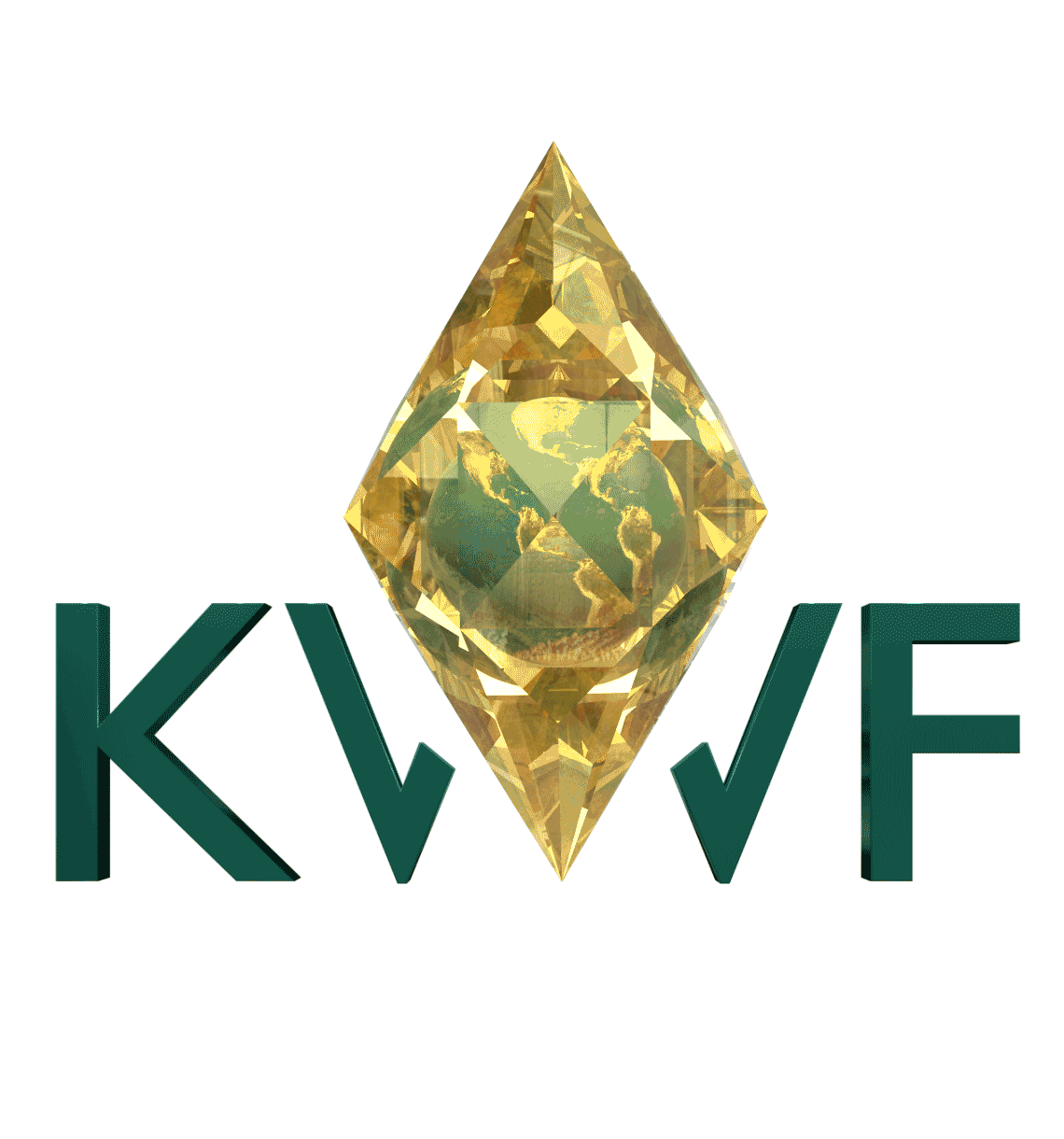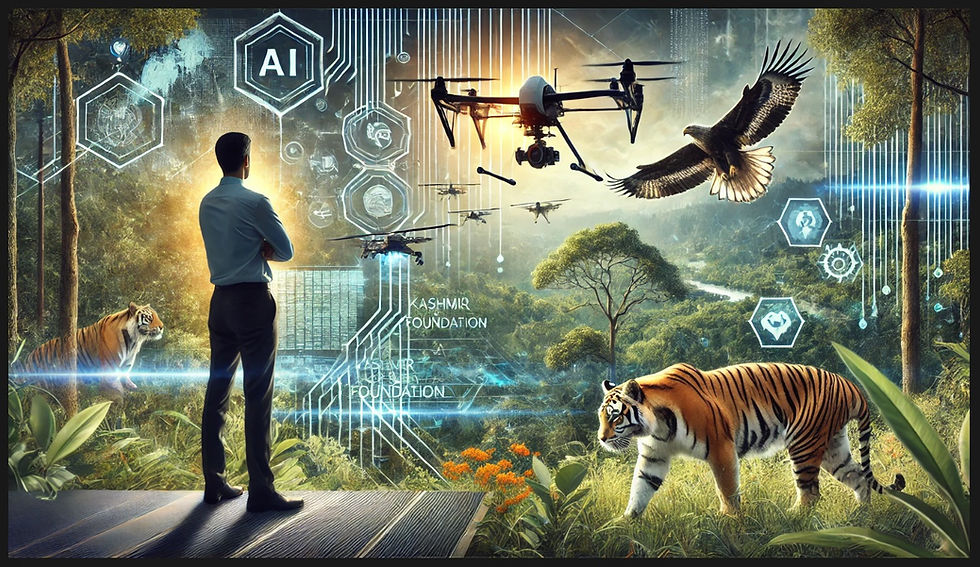EcoArt: Looking At Conservation Through A New Lens
- Kashmir World Foundation

- May 5, 2021
- 3 min read
Flooded with jargon, pages of data, and complicated equations, conservation science can often be seen as inaccessible. However, environmentalism is a mindset and practice which everyone should be able to take part in. Jaidacyn Madrigal, under the alias of EcoGirl, works to bring conservation to people in a way they have not seen before. Using art as a bridge, EcoGirl creates species specific sculptures that address problems different animals face. She says, “activism art helps me spread my message.” We hope to inspire her to partner with Kashmir World Foundation (KwF) and begin to shed light on the issues snow leopards face in the Himalayas.
Each sculpture helps remind the viewer that “we have the power to make change.” When she first learned about the exploitation of species, EcoGirl was very disheartened. By educating herself with documentaries and conservation news, she quickly realized that “you can actually do a lot to help.” Saying no to products and educating others helps make an eco-friendly world. Not everyone knows about natural exploitation unless they go out of their way to learn. EcoGirl’s goal is to “educate others even if we can’t actually see the issues.”

When creating a new sculpture, EcoGirl matches the medium with the species. She was specifically excited about her art addressing orangutan conservation and the palm oil industry. Titled “Wrappers of Destruction,” she uses the wrappers of products created with palm oil to create an orangutan face. She was surprised by how many products contain palm oil, and how destructive this ingredient is to rainforests. She asked, “how is conservation not talked about more often?” In similar artwork, such as “Bloody Fin,” she uses knives to mimic a shark fin and help address the issue of illegal shark harvesting for fin consumption.
Currently, new sculptures are being designed and prepared for future posts. Upcoming sculptures will explore how ghost netting can affect marine mammals. Also, EcoGirl shared interest in looking further at how human rights activism and conservation intertwine. The coffee bean industry chronically underpays its workers as well as negatively affects local ecosystems in farming areas. In other areas of the world, fast fashion contributes to impoverished communities and the unsustainable sourcing of materials needed to produce clothing.

EcoGirl first learned about the issues surrounding climate change during her senior year of high school. She then moved on to receive her bachelor’s at California State University – Sacramento. She studied Recreation Administration, Hospitality & Tourism Management, and minored in Environmental Studies. With this education, she is in the perfect place to communicate with others while sharing the needs of conservation science. Since listening to Al Gore speak at the Climate Reality Project, she has hosted conservation talks at high schools and, most recently, began her artistic journey.
As a content-creator, EcoGirl manages multiple platforms and emphasizes that “the art is how I can do my part.” She has also recently been hired as a development coordinator for a environmental non-profit. Seeing the silver-lining in tough situations, she explains she wouldn’t have had time for her artistic environmentalism without the downtime that quarantine afforded her. Throughout the COVID-19 pandemic, she has stayed busy developing new ways to reach her audience. She has created a YouTube channel to highlight activism at home (even while staying at home), published an eco-friendly children’s book, and has used new sculpting methods to raise awareness for different species.





Comments